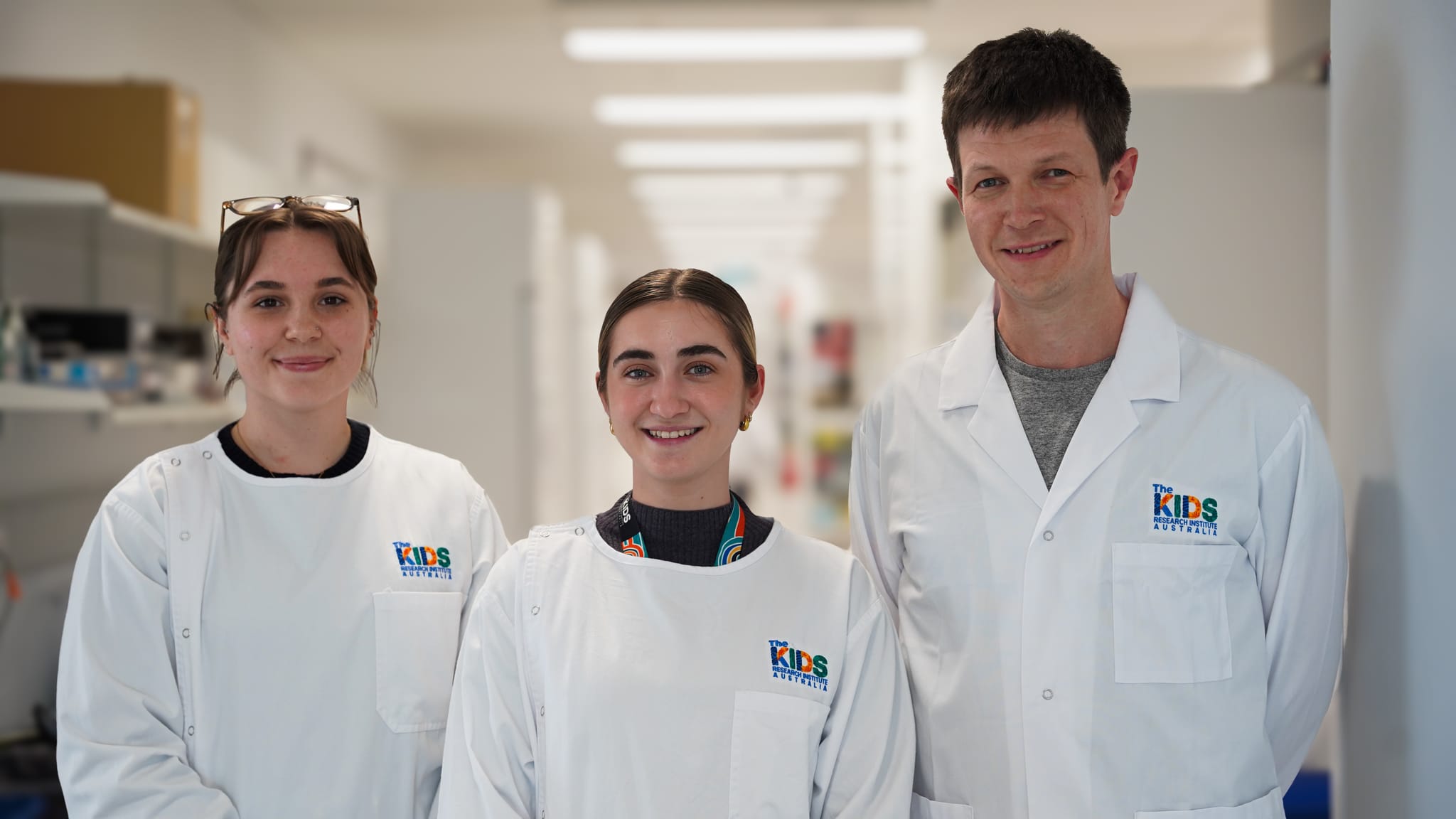Search

News & Events
Immune patterns linked to childhood asthma riskNew research digs deeper into how children's immune systems handle viral challenges
Development and validation of a miniaturized bacteriophage host range screening assay against antibiotic resistant Pseudomonas aeruginosa

BAL Inflammatory Markers Can Predict Pulmonary Exacerbations in Children With Cystic Fibrosis Background: Pulmonary exacerbations in cystic

Structural determinants of long term functional outcomes in young children with cystic fibrosis BACKGROUND: Accelerated lung function decline in

Oxidative cross-linking of calprotectin occurs in vivo, altering its structure and susceptibility to proteolysis Abstract Calprotectin, the major

Elucidating the Interaction of CF Airway Epithelial Cells and Rhinovirus: Using the Host-Pathogen Relationship to Identify Future Therapeutic

Respiratory infection rates differ between geographically distant paediatric cystic fibrosis cohorts ABSTRACT Respiratory infections are a major

Dissecting the regulation of bile-induced biofilm formation in Staphylococcus aureus. Aspiration of bile into the cystic fibrosis (CF) lung has

Lung Clearance Index and Structural Lung Disease on Computed Tomography in Early Cystic Fibrosis Abstract Rationale: The lung clearance index is a

Quantitative assessment of airway dimensions in youngchildren with cystic fibrosis lung disease using chestcomputed tomography Abstract Objective: To
